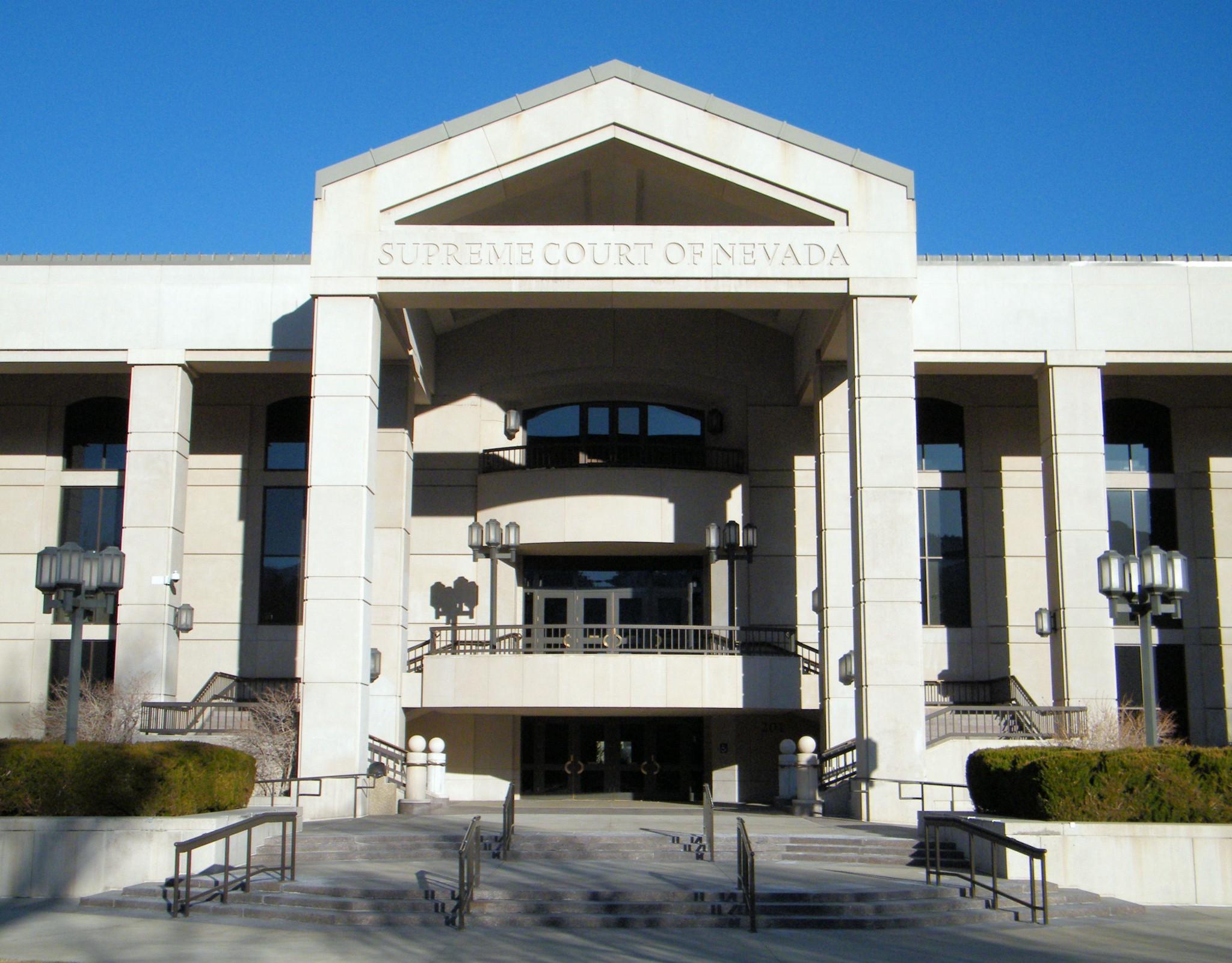Nevada Supreme Court says man cannot be tried again after prosecutors hid evidence
A former Las Vegas hospital executive cannot be tried again on charges of theft and misconduct after prosecutors withheld hundreds of pages of evidence in his first trial. The Nevada Supreme Court ruled earlier this month that Lacy Thomas, the former chief executive officer at University Medical Center, cannot go on trial again due to the misconduct […]

A former Las Vegas hospital executive cannot be tried again on charges of theft and misconduct after prosecutors withheld hundreds of pages of evidence in his first trial.
The Nevada Supreme Court ruled earlier this month that Lacy Thomas, the former chief executive officer at University Medical Center, cannot go on trial again due to the misconduct of the Clark County District Attorney’s Office. The first attempt to try Thomas ended in a mistrial in 2010.
“All evidence before the district court in this case suggests that the prosecutor intentionally and improperly withheld exculpatory documents,” the Nevada Supreme Court wrote in a majority opinion authored by Justice Lidia Stiglich. “This conduct was egregious, and caused prejudice to Thomas which could not be cured by means short of a mistrial. Therefore, double jeopardy bars reprosecution of Thomas on all counts.”
The ruling is likely to please criminal justice advocates who fear that prosecutors can often withhold evidence with no serious punishment. The U.S. Supreme Court refused declined to take a strong stand against this earlier this year in Turner v. United States, which ruled that the withheld evidence in that case was not material in the murder of Catherine Fuller in the District of Columbia.
Prosecutors in that case did not provide defense attorney’s with the name of another man who’d been seen in the area where Fuller was murdered, and that man, James McMillan, was convicted of a similar murder seven years later. But writing for a 6–2 majority Justice Stephen Breyer found that even if the defense had that information, the seven men convicted of Fuller’s murder would have still been found guilty.
Thomas was arrested on allegations that he steered millions of dollars in University Medical Center contracts to friends and associates. Some of those contracts were duplicative of other work or completely unnecessary, prosecutors said.
But two weeks into Thomas’ trial it came out that prosecutors had not turned over 577 pages of documents, mostly minutes from weekly meetings held by hospital department heads and executives with a company that had a contract with the hospital.
In ordering a mistrial District Court Judge Michael Villani ruled that the documents could have helped defense lawyers find other witnesses.
“The court finds that the defendant has been substantially prejudiced by the lack of disclosure,” Villani said in declaring the mistrial.
But Clark County prosecutors working first for District Attorney David Roger, and then Roger’s successor, Steve Wolfson, have been seeking to retry Thomas since the original mistrial in 2010. Defense lawyers argued that double jeopardy prohibited it.
The trial court ruled that Thomas could be tried again because prosecutors didn’t deliberately withhold the documents, but the Supreme Court disagreed.
Prosecutors said they didn’t intentionally withhold the documents, but two police detectives testified they informed Deputy District Attorney Scott Mitchell about the material and handed over documents to prosecutors.
Mitchell, the lead courtroom prosecutor, told the trial court he’d never seen the documents before, but the testimony of the police detectives makes that difficult to believe, Stiglich said.
“These statements were directly contradicted by the testimony presented at the evidentiary hearing, which established that Mitchell had been provided with the documents on multiple occasions, and informed of their contents,” Stiglich wrote. “This strongly indicates that the failure by the prosecution to disclose the documents was intentional.”
